The High Court has ruled that former Home Secretary Suella Braverman acted unlawfully by lowering the threshold for criminalising peaceful protests. Here’s the full story.
Crumbling Legacy
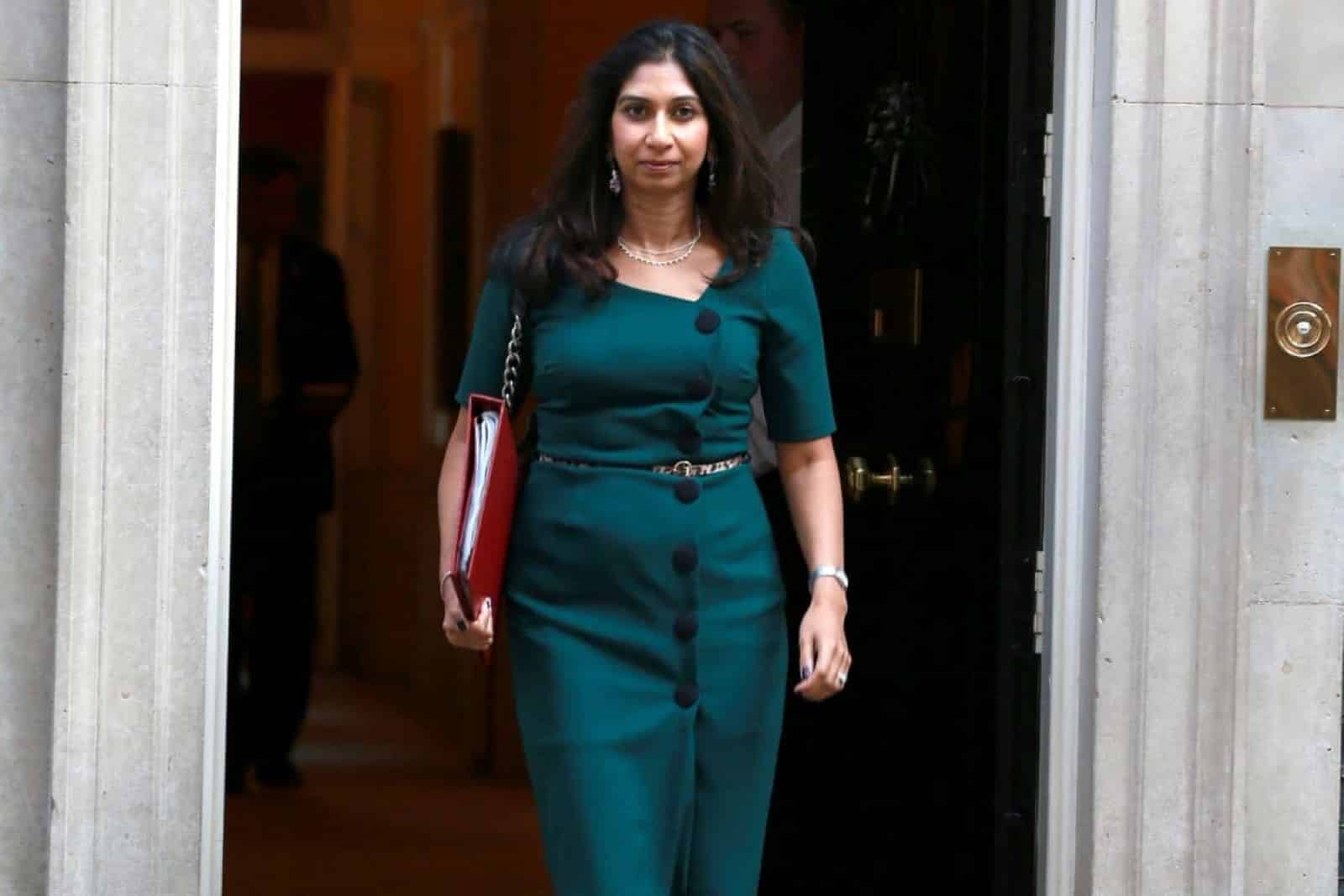
Disgraced former Home Secretary Suella Braverman, unceremoniously fired after writing in The Times that police should crack down harder on protesters, has seen a significant part of her legacy as Home Secretary begin to crumble following a recent judicial decision in the High Court.
Acted Unlawfully
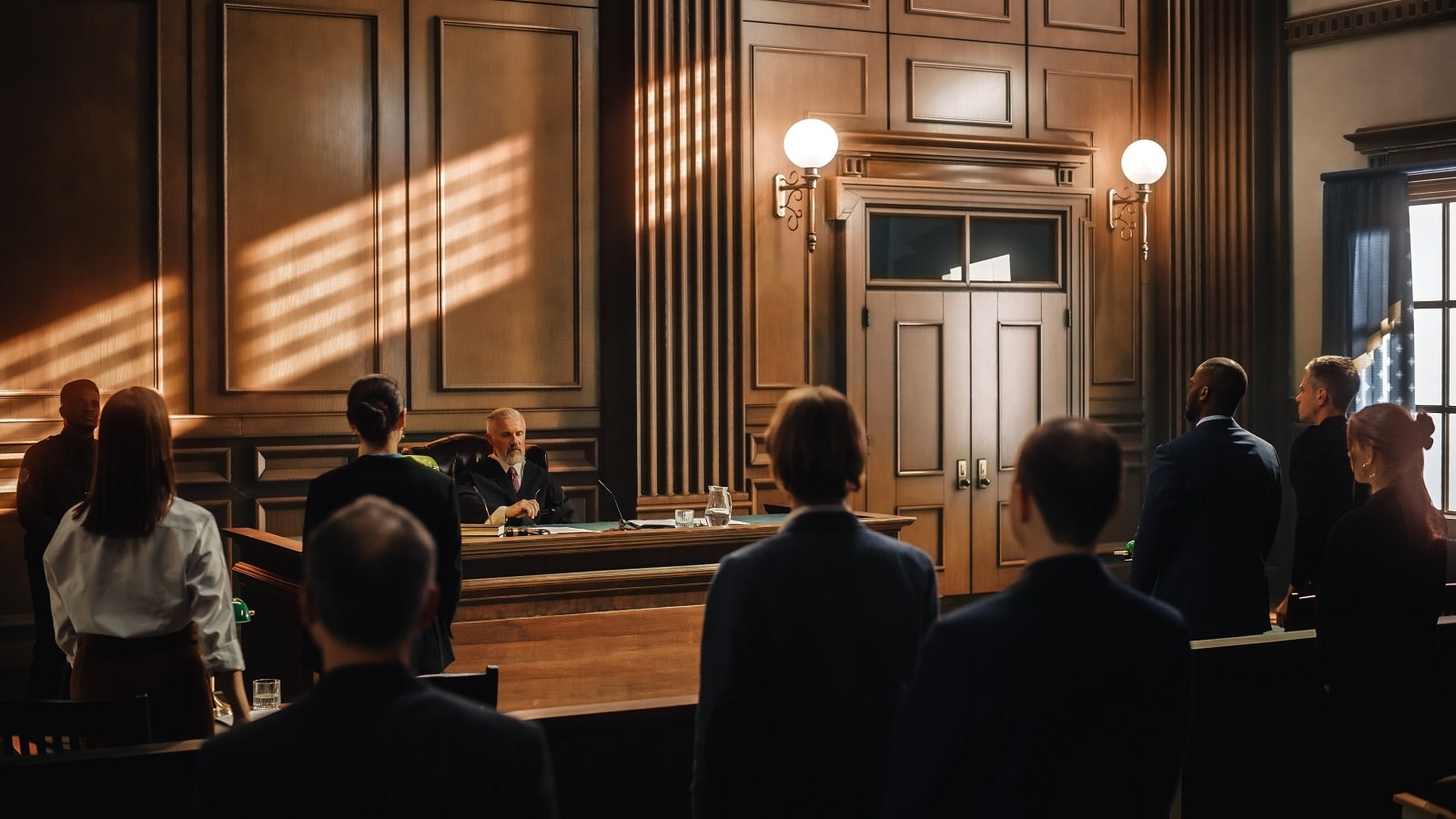
The High Court has ruled that Braverman acted unlawfully by implementing measures that made it considerably easier for the police to suppress protests by criminalising a large variety of peaceful demonstrations.
Overstepped Authority
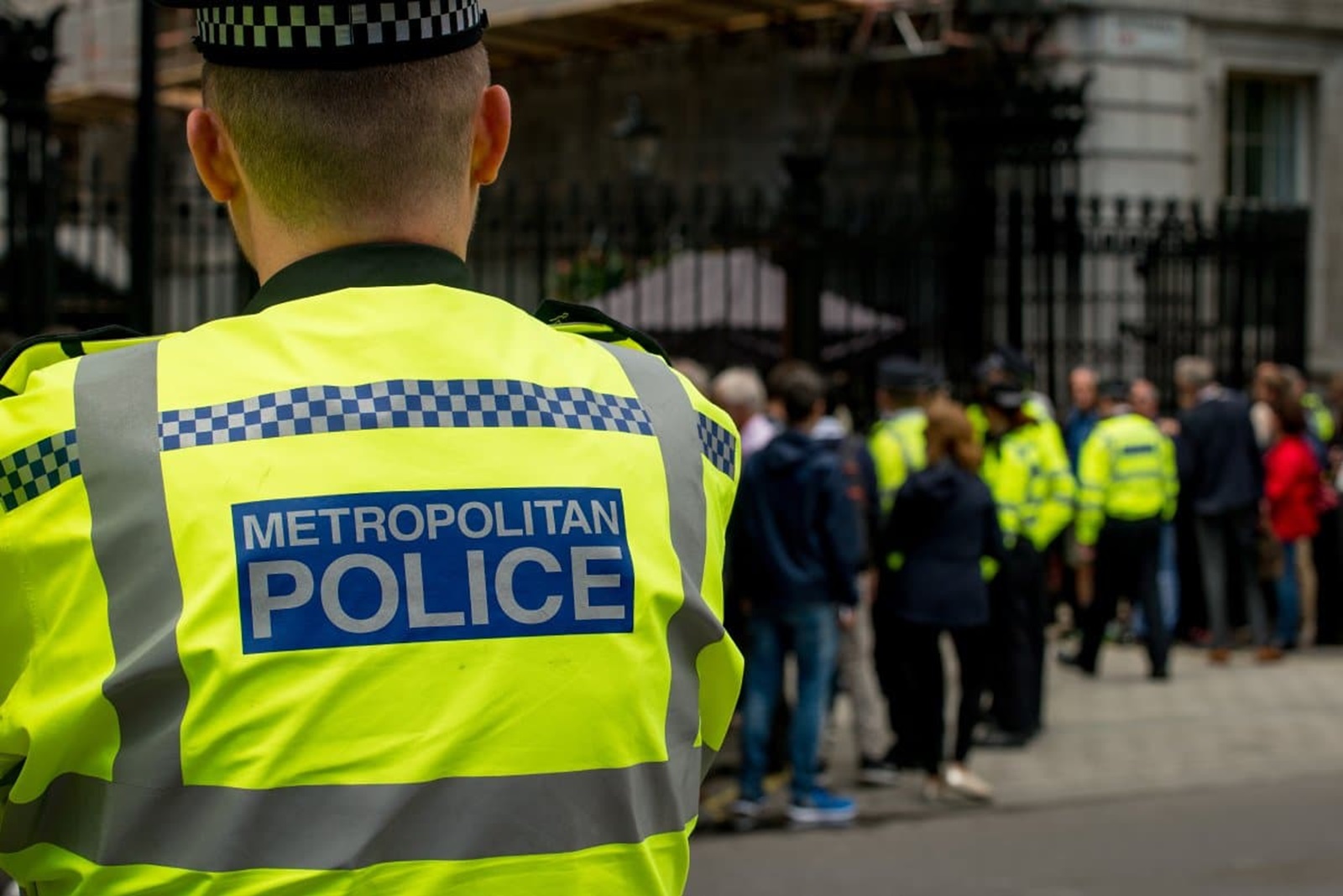
The court has found that Braverman significantly overstepped her authority and ultimately failed to conduct proper consultations before implementing the new police powers.
“More Than Minor” Disruptions
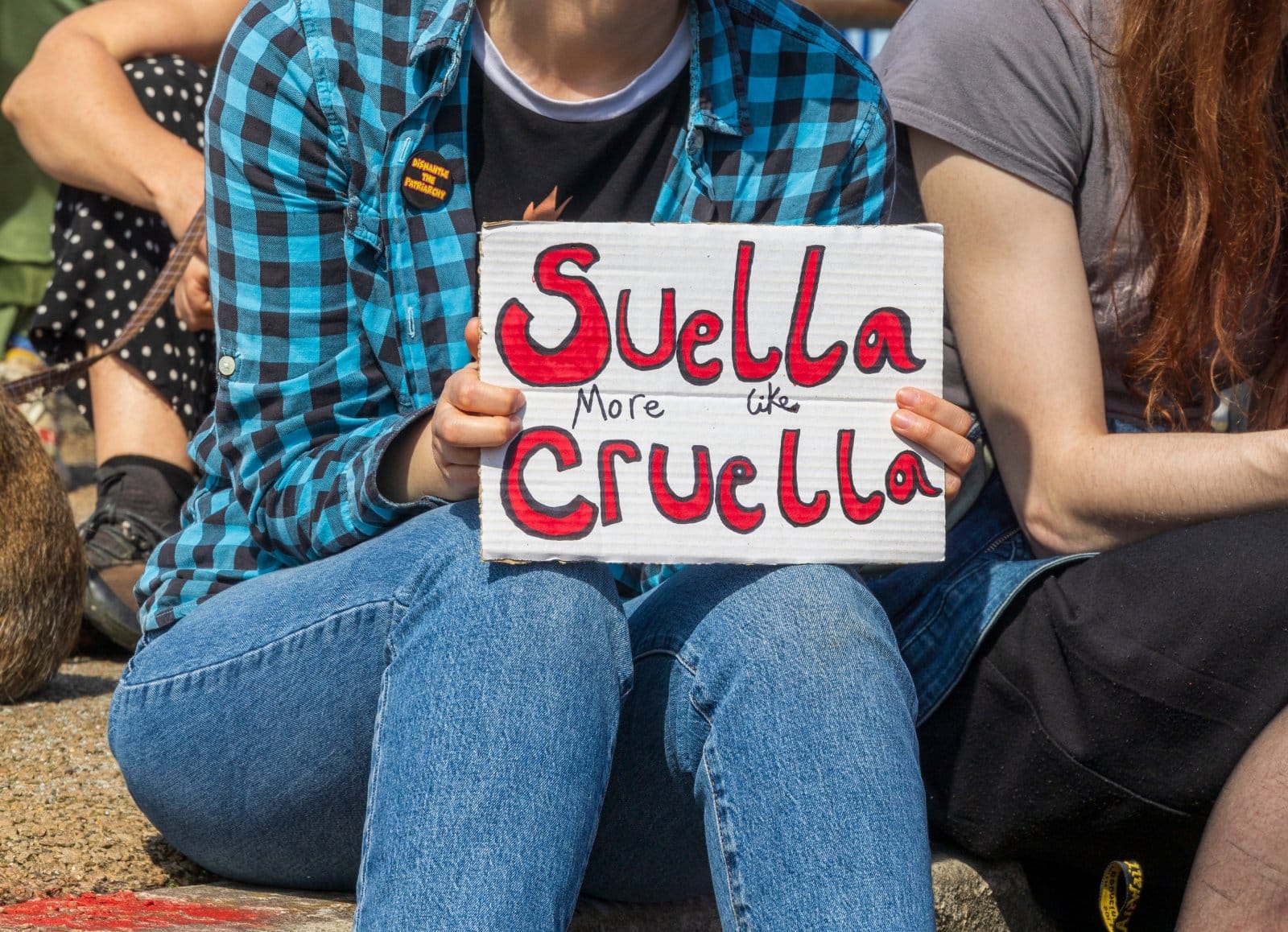
Shortly before her untimely resignation, the controversy began when Braverman invoked Henry VIII’s powers to redefine “serious disruption” at protests to mean simply “more than minor” hindrances to daily life.
Ruling by Decree
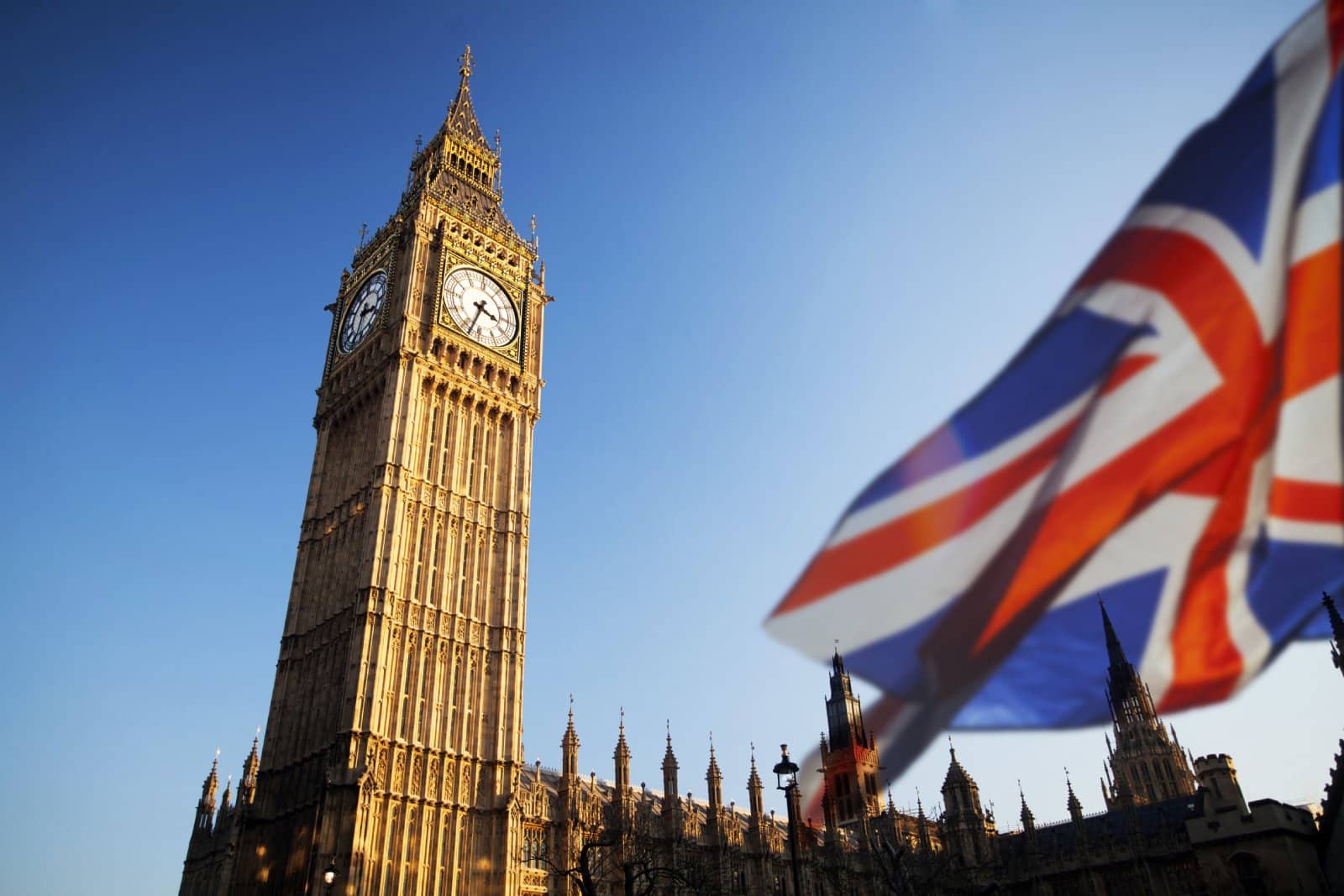
This ramming through of new legislation with little change of parliamentary scrutiny was named after the Tudor monarch and wife-murdering fan who was infamous for bypassing parliament and ruling by decree.
Clamping Down
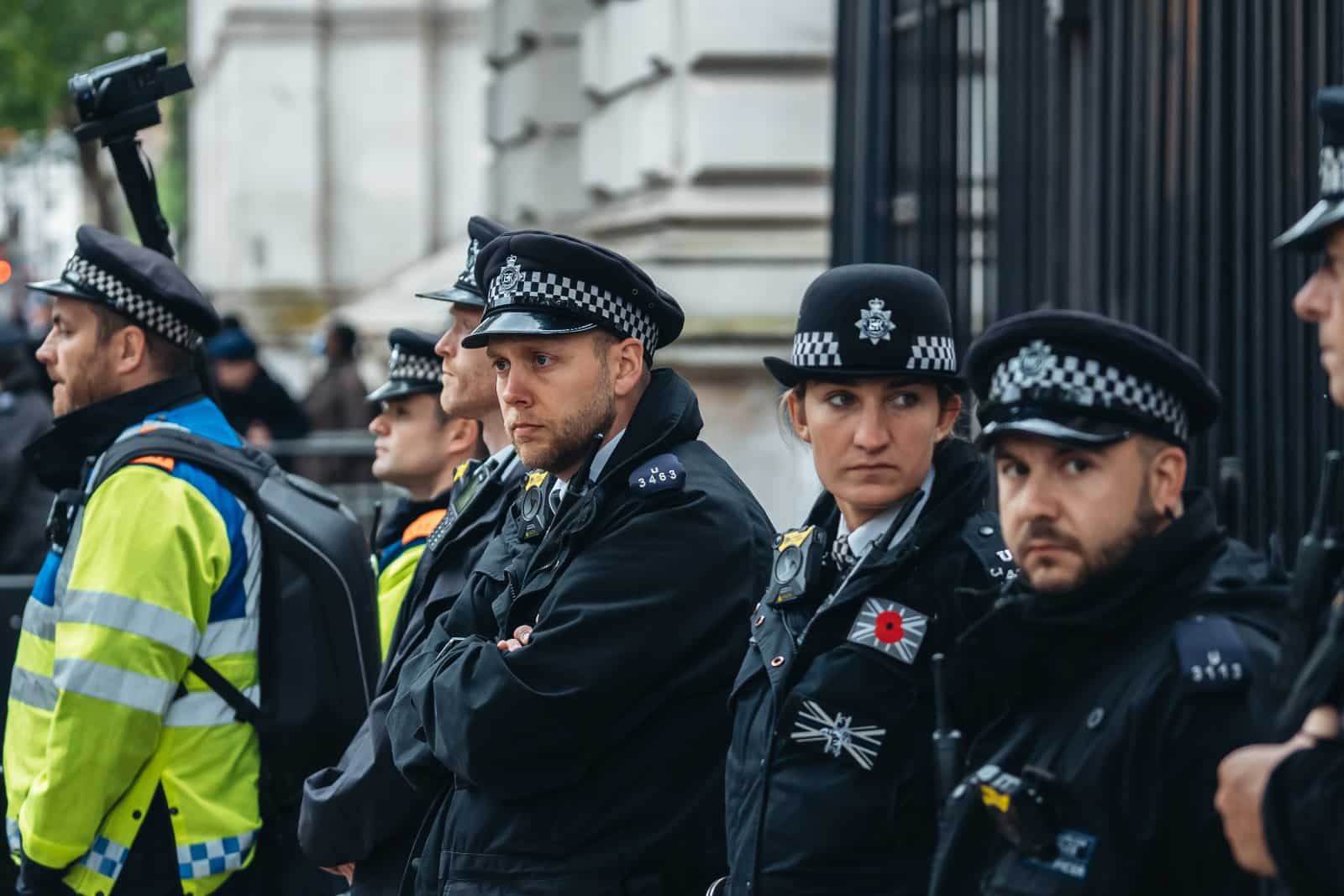
This tactic allowed the Home Office to significantly expand police powers to clamp down on protesters, effectively by making a large number of protests illegal actions without parliamentary oversight.
Public Order Act
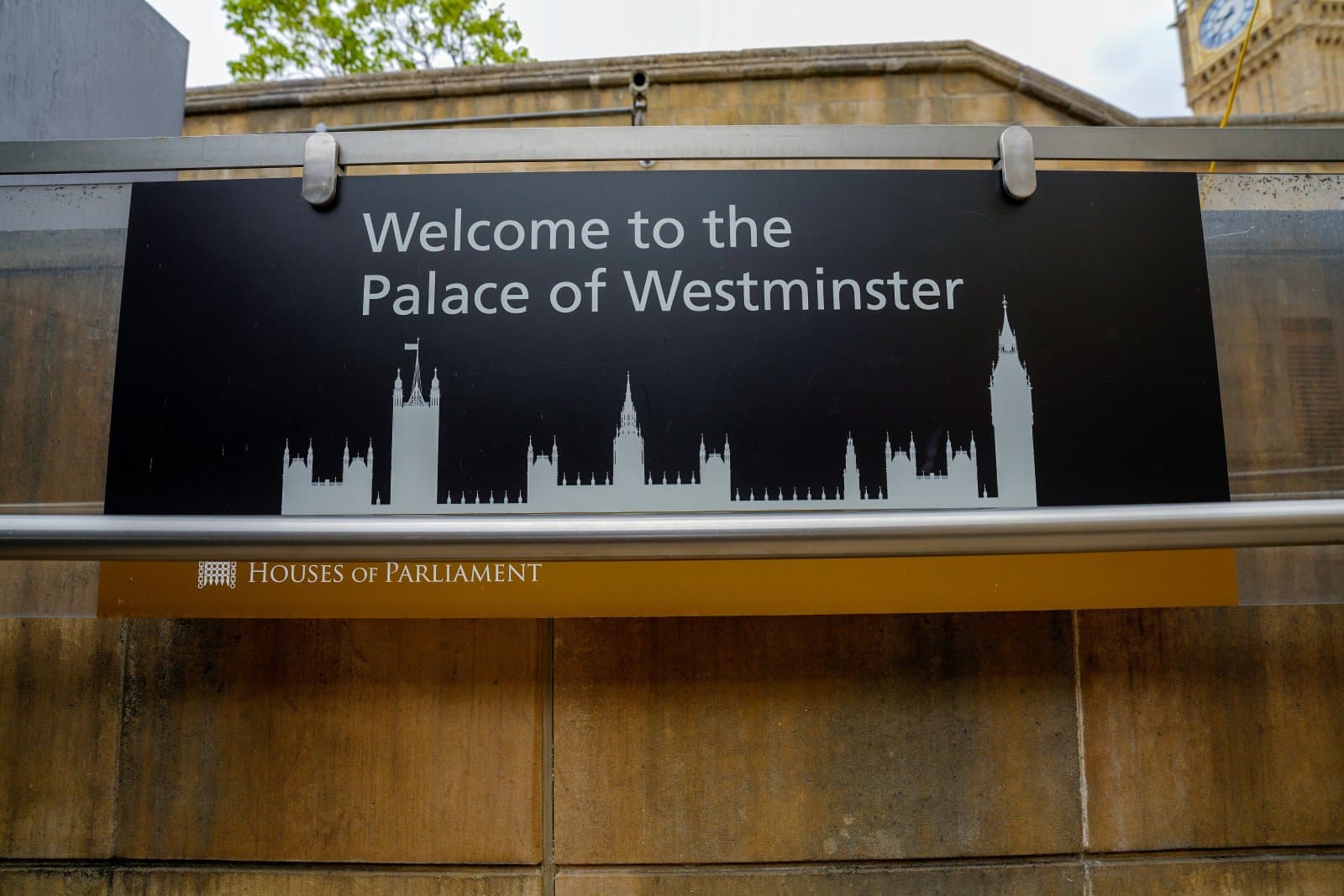
The House of Lords had previously rejected similar changes proposed in the Public Order Act, which forced Braverman to make the less-than-entirely democratic decision to force the changes through.
Lack of Consultation
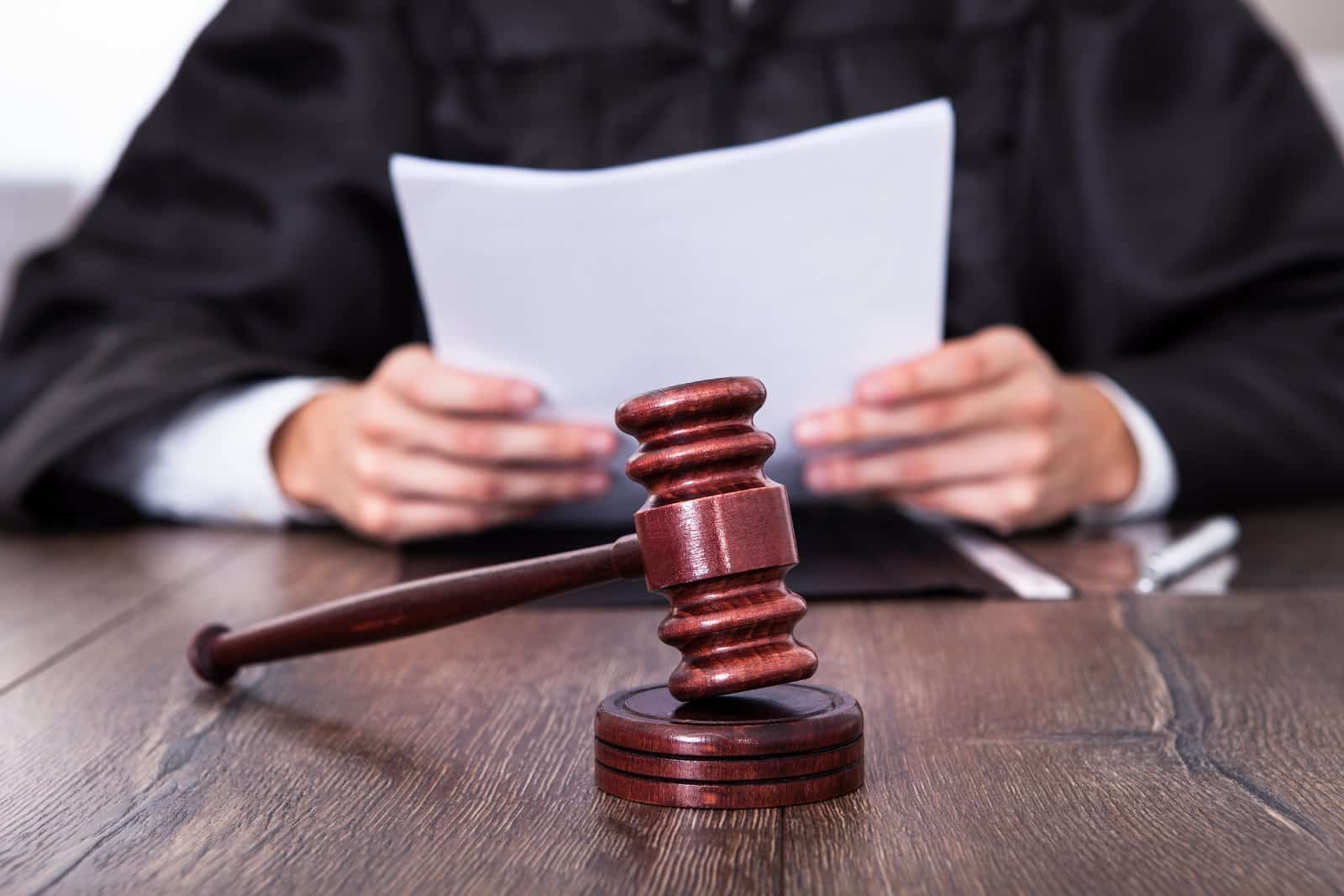
However, the High Court was not having it. In their judgement, Lord Justice Green and Mr Justice Kerr decried the government’s overreach and lack of proper consultation with any organisation that wasn’t the police themselves.
“Almost Unlimited”
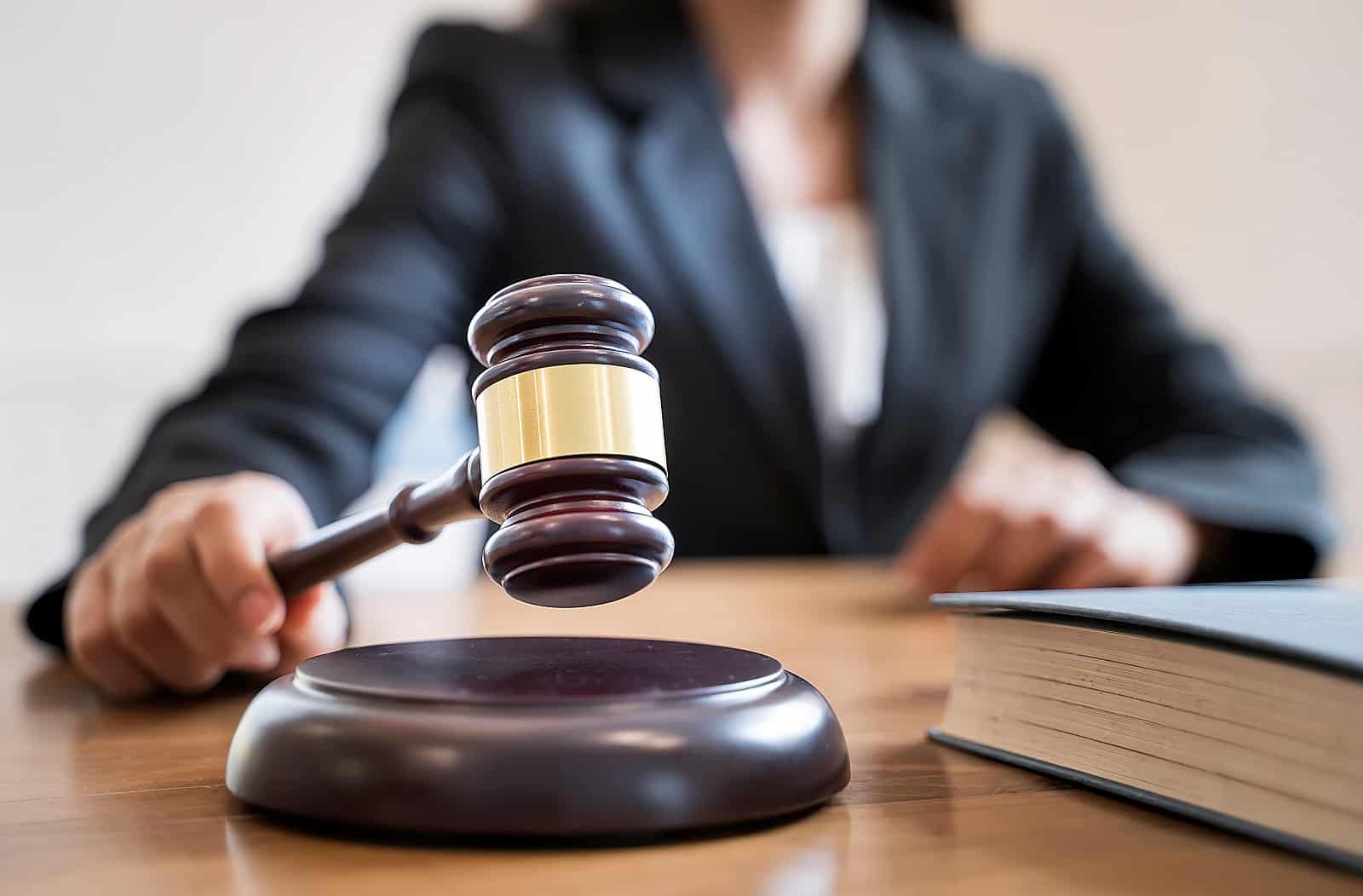
The court ruled that, by bypassing parliamentary scrutiny, Braverman had effectively given the police “almost unlimited” powers to criminalise peaceful and legal protests.
“Serious Disruption”
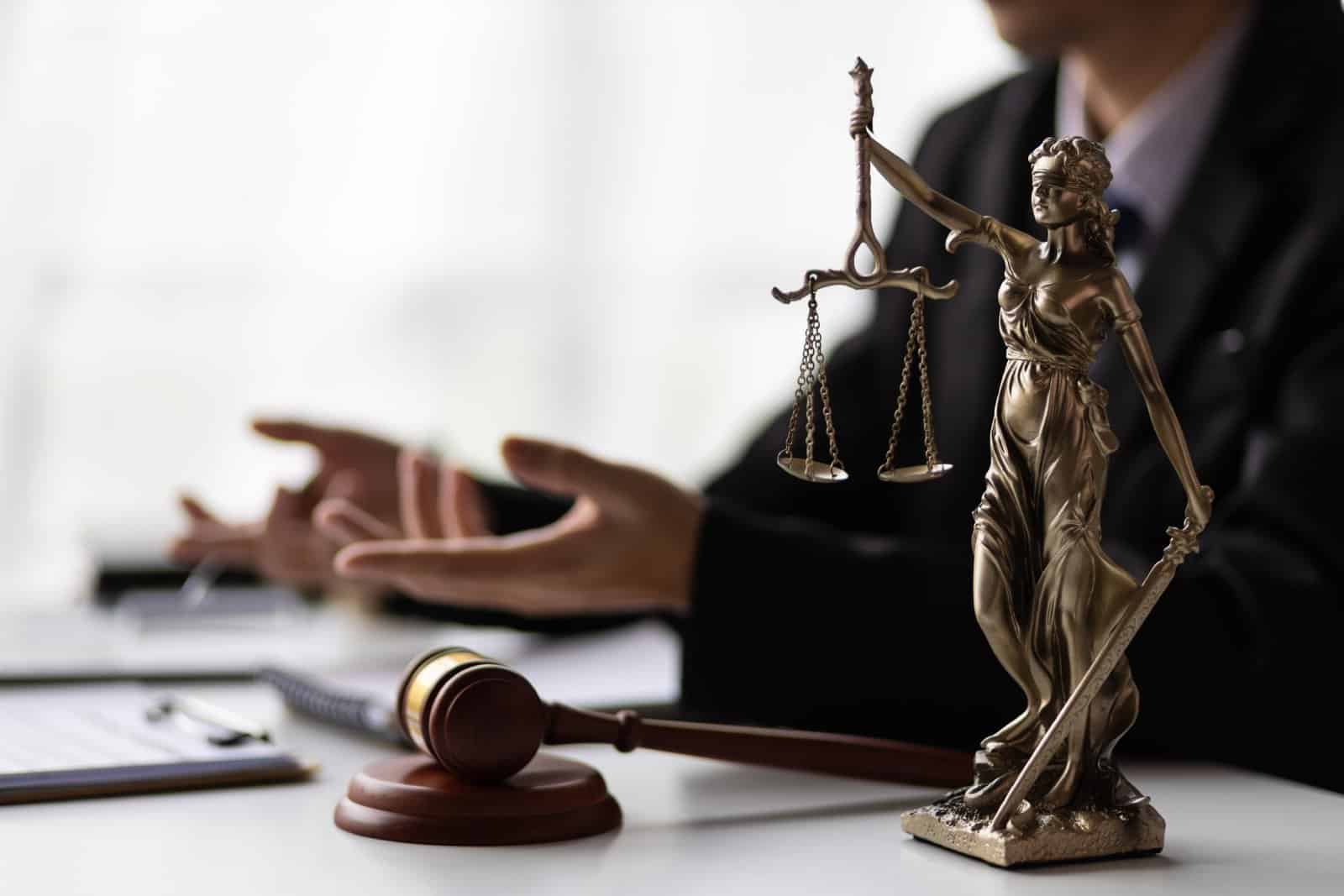
The judges also pointed out that redefining “serious disruption” in such broad terms effectively lowered the threshold for police intervention, leading to an increased risk of protesters being criminally prosecuted.
“One-Sided”

The court also denounced the government’s attempts to consult only with law enforcement, noting that they were “one-sided and not fairly carried out” as they chose not to speak to any organisation that may reasonably be against the new proposals.
Significant Increase
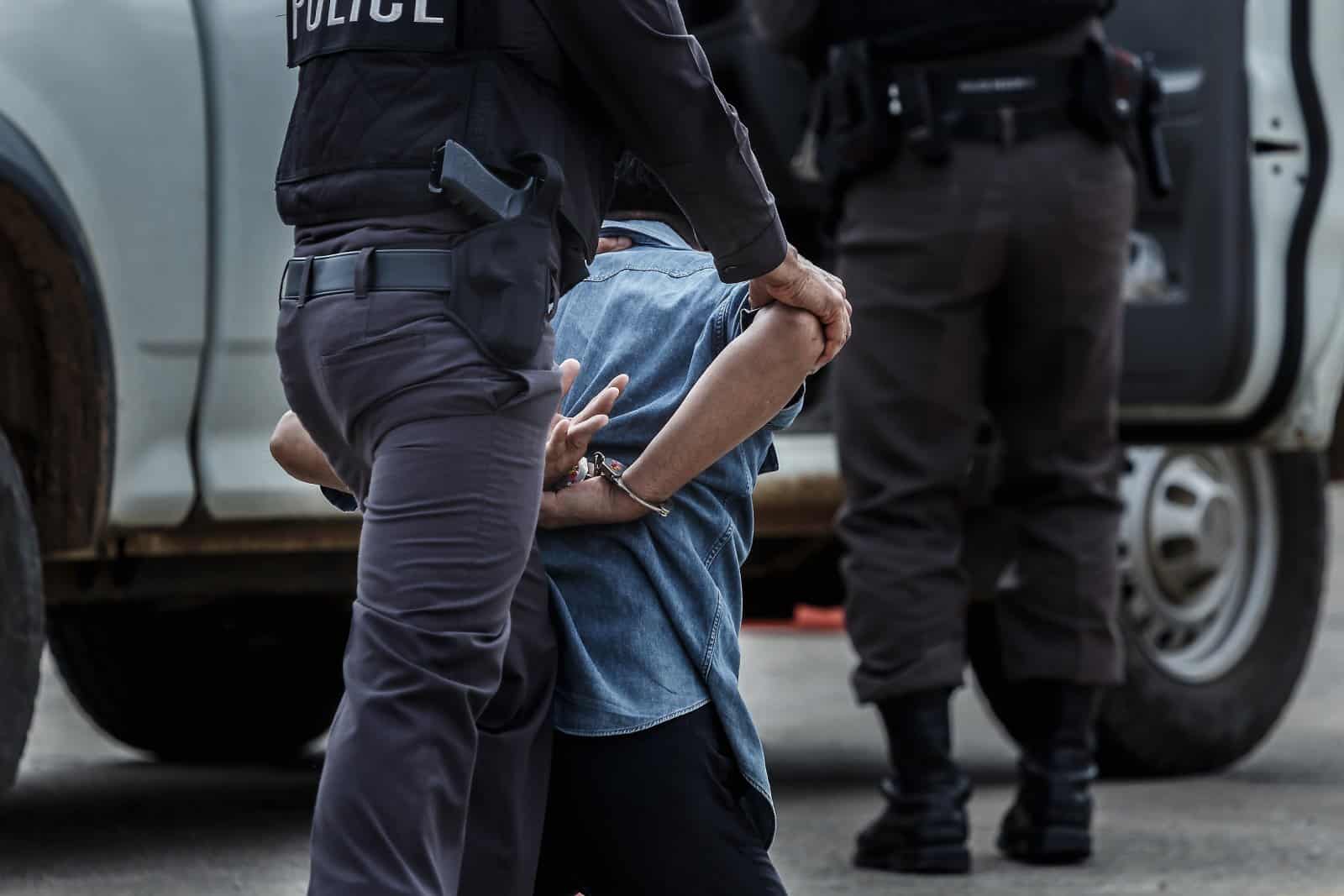
Unsurprisingly, the illegal new laws which allowed police to criminalise protesters led to a significant increase in police actions against those who used their democratic right to protest.
Greta Thunberg
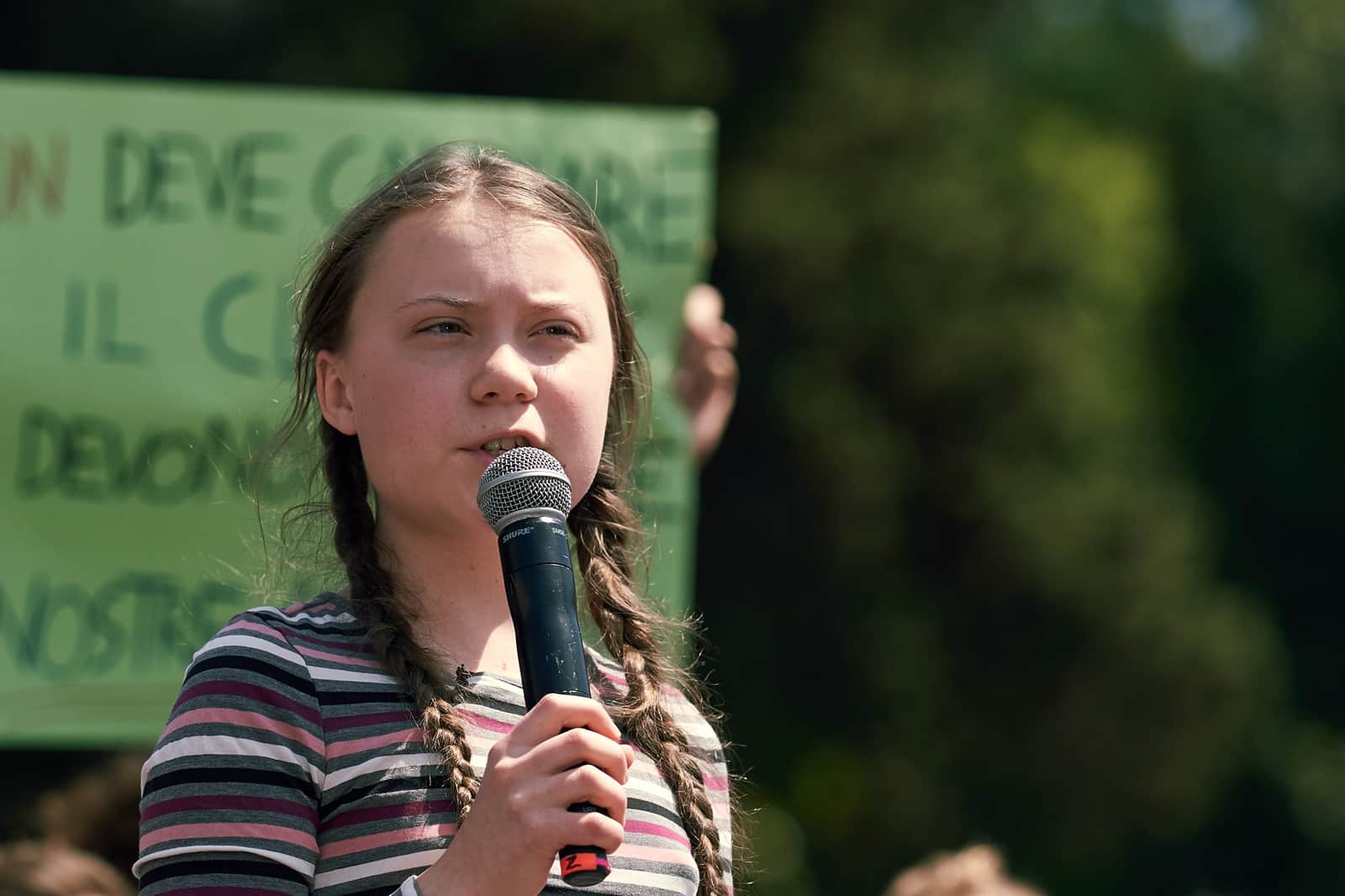
Among those arrested was renowned climate activist Greta Thunberg, who had the gall to protest against the ongoing destruction of the planet. However, she was eventually acquitted of all charges earlier this year.
“Up to 50%”

Incredibly, the court found that the new legislation was approved despite the fact the “government was aware that this was likely to increase the number of conditions imposed by the police by up to 50% and that prosecutions would increase by circa one third.”
Plans to Appeal

In response to the ruling, the Home Office announced plans to appeal the decision, and the High Court suspended reversing the measures until the appeal outcome was determined.
Inadequate Defence
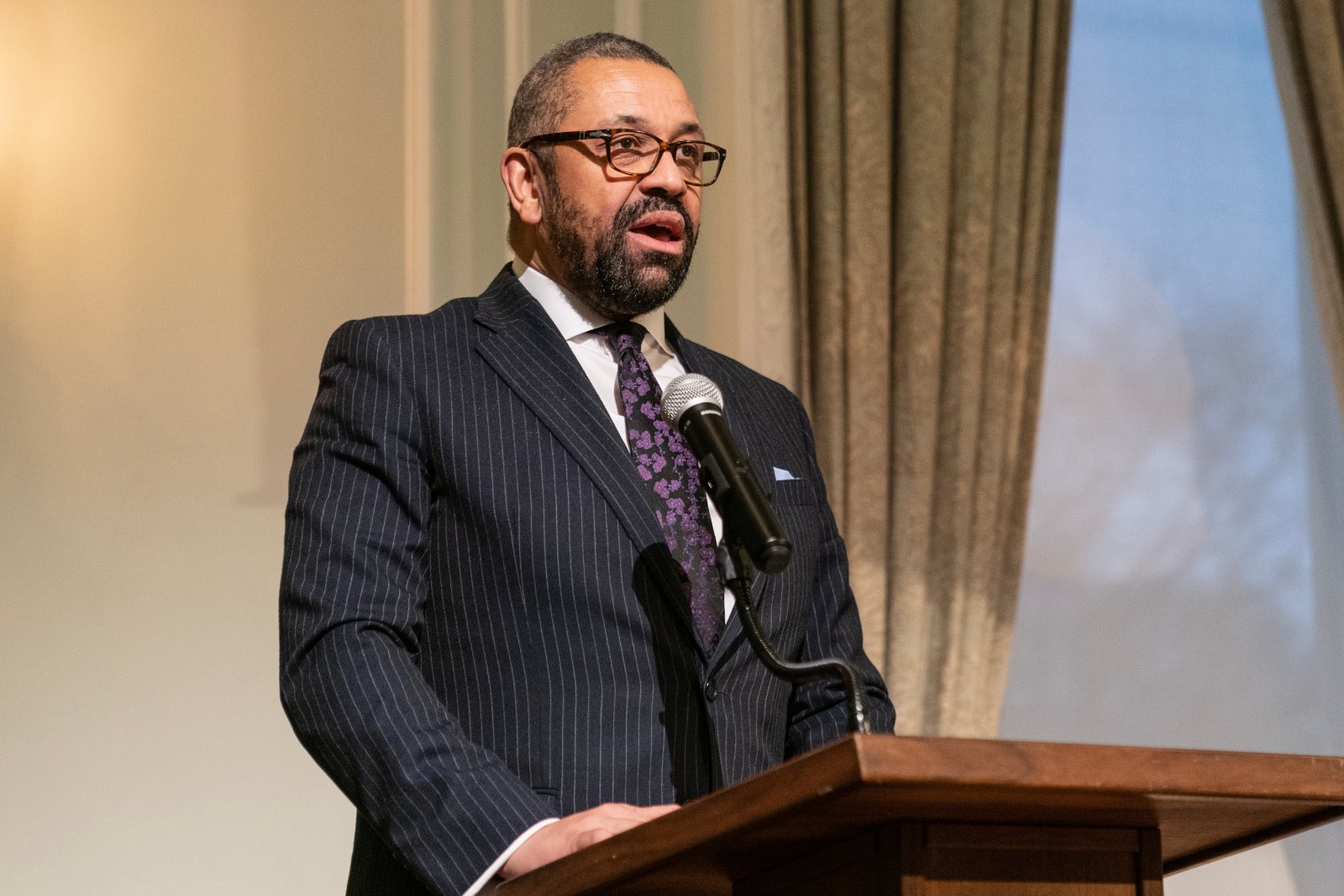
Current Home Secretary James Cleverly defended the regulations, arguing that no new criminal offences or powers were created. However, the court found this defence inadequate, asserting that the practical effect of the changes was to increase the likelihood of protesters facing criminal prosecution.
Decisive Victory
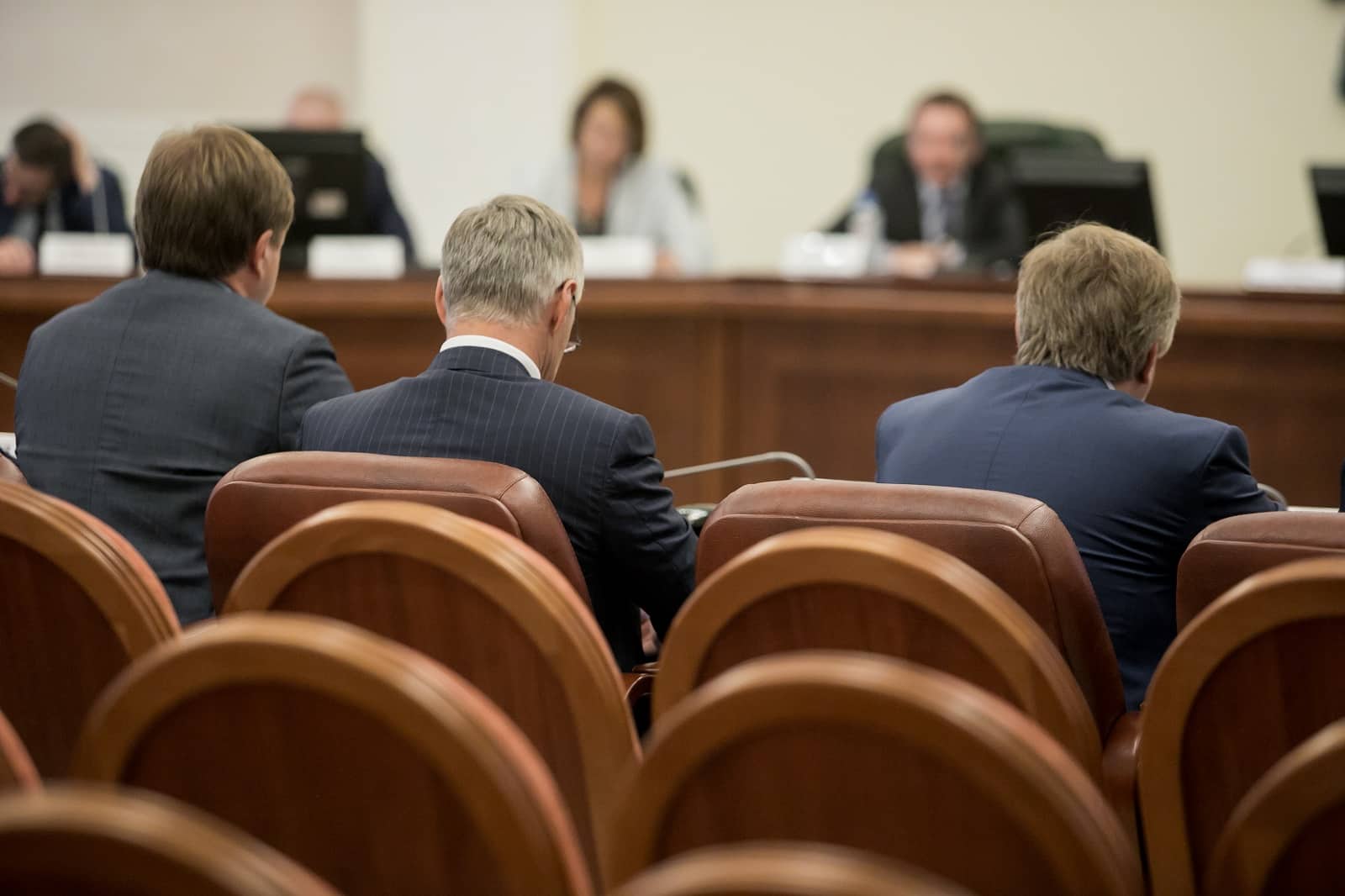
Despite the government’s attempts to defend its decision, the National Council for Civil Liberties, which brought the legal challenge against the new laws, hailed the decision as a decisive victory.
“Huge Victory for Democracy”

The civil rights campaign group’s director, Akiko Hart, stated, “This ruling is a huge victory for democracy, and sets down an important marker to show that the government cannot step outside of the law to do whatever it wants. We all have the right to speak out on the issues we believe in, and it’s vital that the government respects that.”
“Rejected by Parliament”
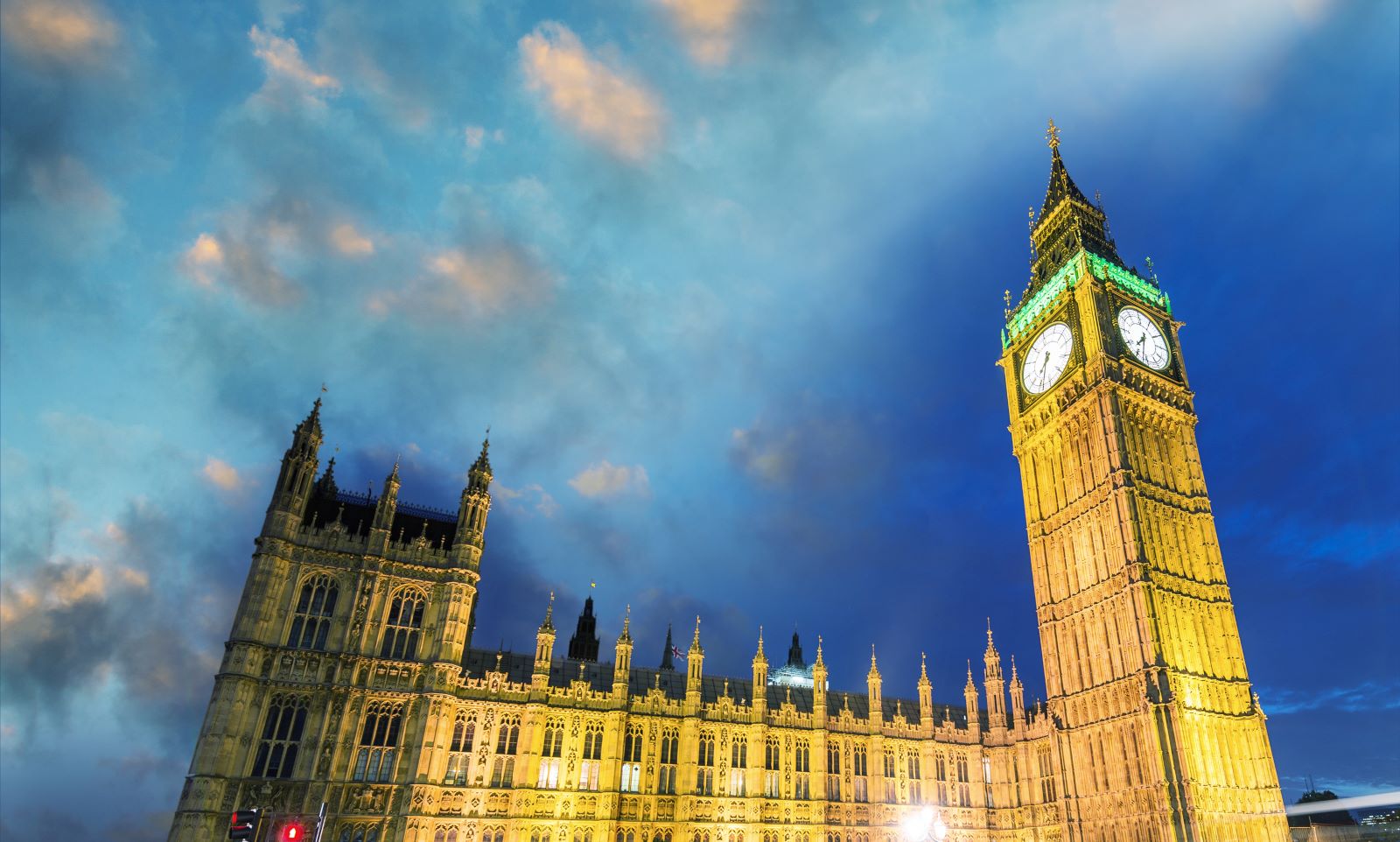
They continued, “These dangerous powers were rejected by parliament yet still sneaked through the back door with the clear intention of stopping protesters that the government did not personally agree with, and were so vaguely worded that it meant that the police were given almost unlimited powers to shut down any other protest too.”
“Accountability Matters”

Finally, they added, “This judgement sends a clear message that accountability matters, and that those in power must make decisions that respect our rights.”
Assault on Civil Liberties
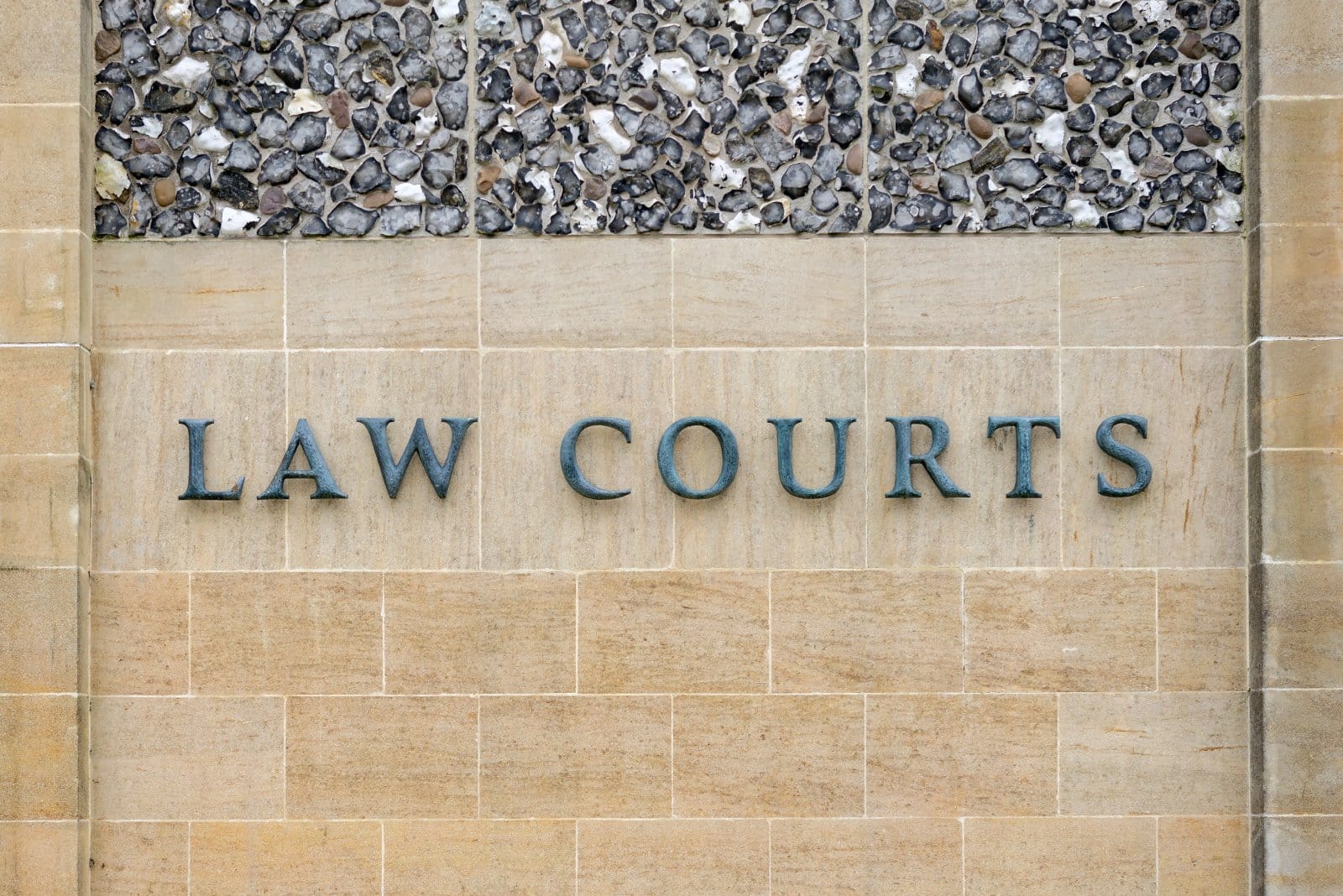
The most recent decision by the High Court marks a significant moment in the ongoing assault on civil liberties in the UK and the pushback against it.
Dismantling a Toxic Legacy

Though the government has decided to appeal the decision, Suella Braverman is likely witnessing the dismantling of her toxic legacy as Home Secretary before her eyes, in a rare win for human rights in the UK.
Uncertain Future

However, it remains to be seen whether this decision will force the government to reconsider its decisions on other human rights matters, such as the contentious Rwanda plan.
The post High Court Declares Braverman’s Protest Law Changes Unlawful first appeared on Swift Feed.
Featured Image Credit: Shutterstock / I T S.

